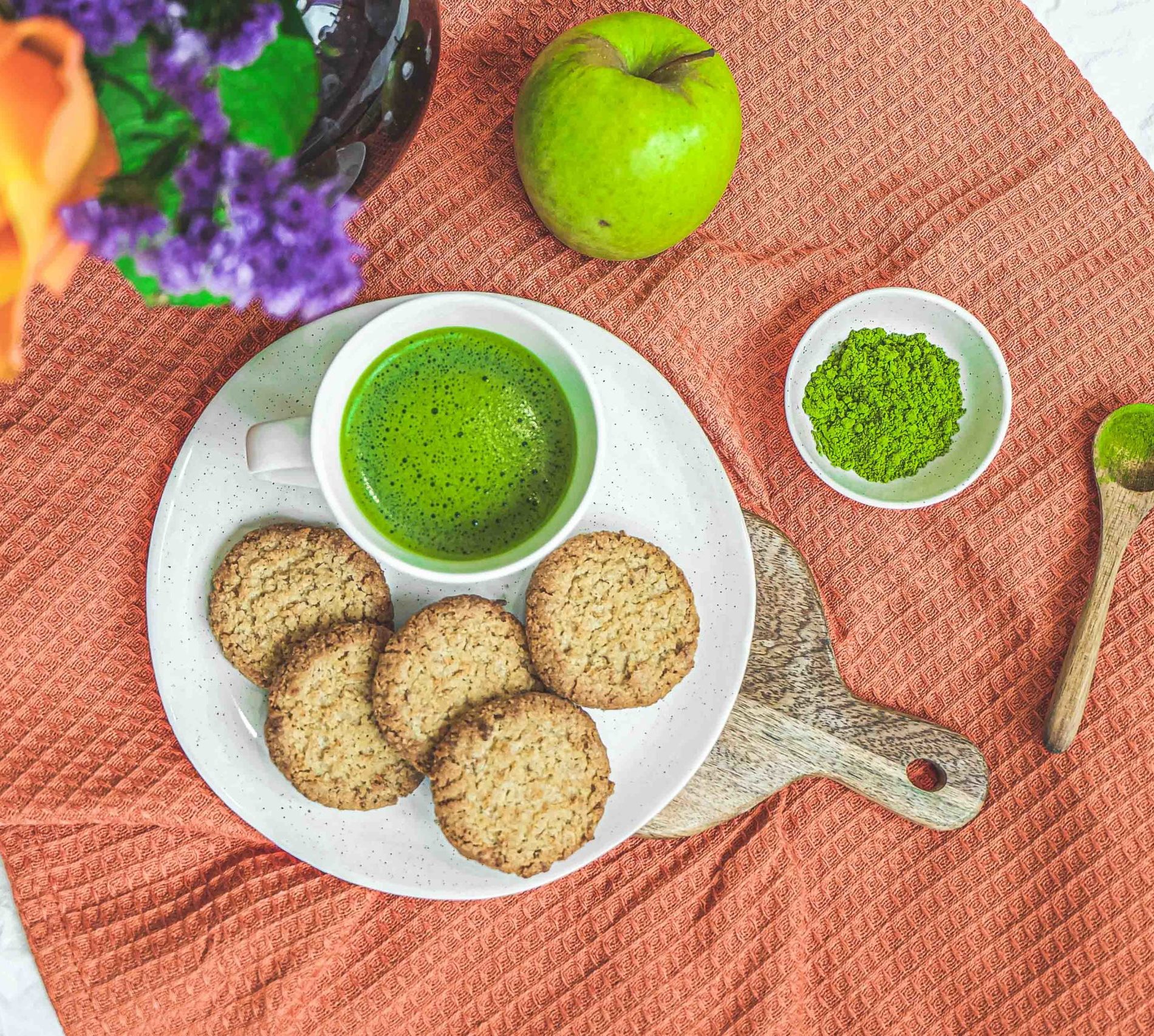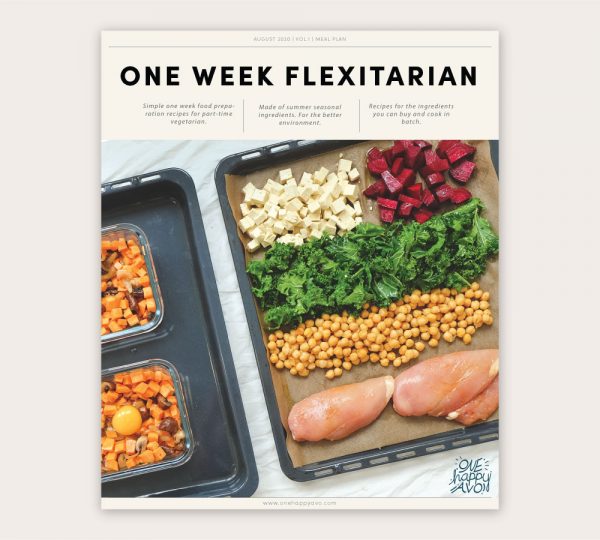So you happen to love the earthy and subtly sweet taste of matcha. Every time you go to a local cafe, you praise to all the living things to let there be a matcha latte on the menu. No wonder why matcha is a current darling given its distinct taste and tremendous health benefits.
Drinking matcha is associated with many health benefits including being high in antioxidants, boosting calorie burning, increasing energy level, detoxifies, and supporting an immense system.
Despite the magic power matcha claims to have, matcha seems to be more expensive and is extra delicate compared to other types of tea. In Japan, matcha is important cultural footage as it is consumed during Tea Ceremony or “Chado”. Back to nowadays that it is more common to find matcha in the market, is it worth the effort to order that expensive high-quality matcha online or should you go for leaf teas that are easily found in the shop? Here are some comparisons to help you decide if matcha is worth filling that empty space in your cupboard.
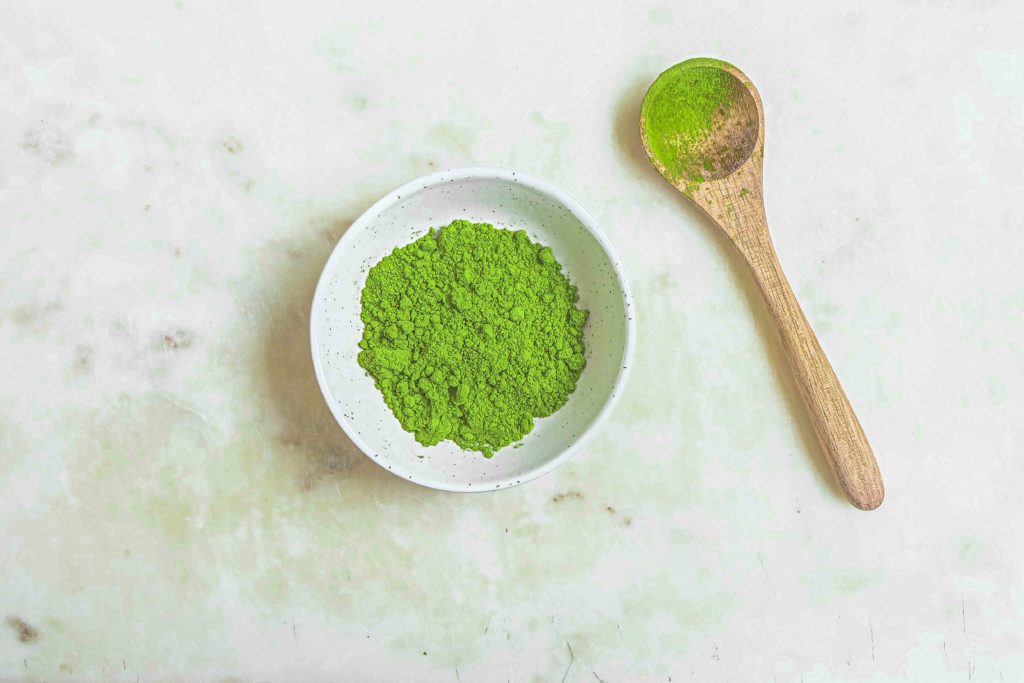
Is matcha like other kinds of green tea
Matcha comes from the same tea plant, Camellia Sinensis, as almost all East Asian teas. It is the green tea leave that is ground into powder form. What actually differentiates Matcha from another type of green tea (other than the taste) is the production of Matcha.
The tea bush is grown under the shade to trigger rich chlorophyll development of the young tea leaves, which provide a much higher amount of chlorophyll than other types of green tea. Besides giving matcha a unique color and taste, chlorophyll act as great detoxification and antioxidant.
The tea leaves are air-dried after being hand-picked from the bush and are called tench after this process. The stems and veins are removed from Tencha, leaving only the nutrient-dense part. The leaves are then stone-grind to make a fine powder. The matcha powder is whisked into hot water before drinking. In this way, you are consuming the whole tea leaves which give you a stronger taste and nutrient intensity than the method of infusing tea leaves in water like other types of green tea.
Due to the delicacy of producing matcha, the tea was only consumed by upper-class Japanese families in the early days. It was perceived as a rare yet delicate item. However, it does not provide many different benefits than other types of green tea since matcha comes from the same tea plant. Still, matcha is much more concentrated and nutrient-dense than other loose leaves of green tea with a much higher amino acid level from growing under the shade.
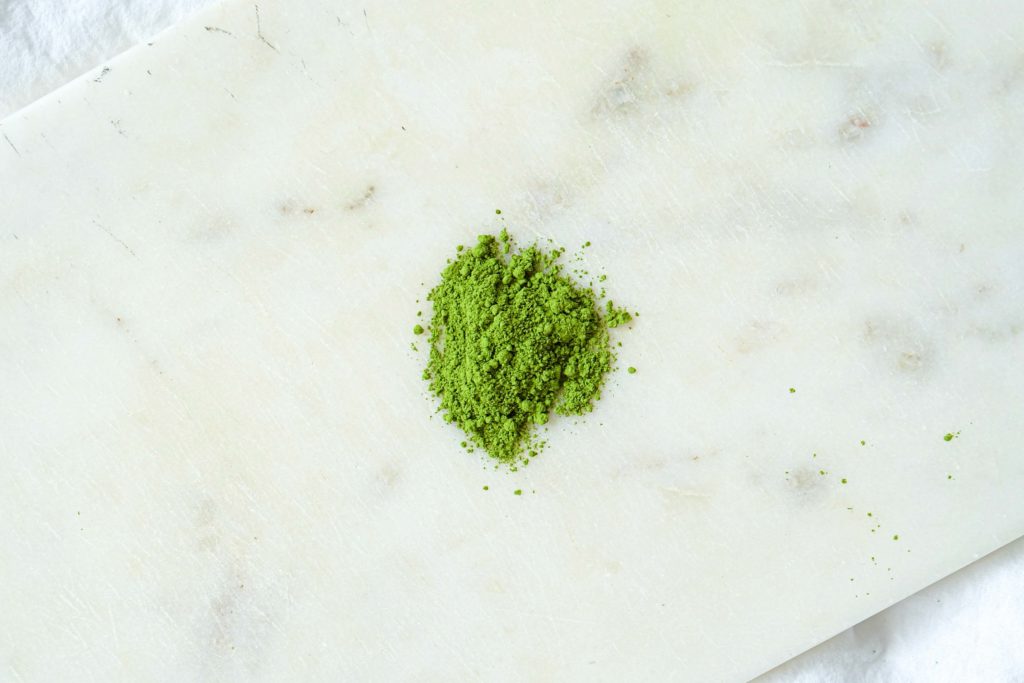
Caffeine: Matcha vs. Black tea
Matcha is considered a great coffee alternative due to its ability to create coffee-like beverages (espresso consistency). In terms of caffeine level, Matcha has more caffeine than other types of green tea but still has a lesser amount of caffeine than black teas with roughly 10 mg of caffeine lower per 8 g of the tea.
However, the way matcha is prepared these days a matcha latte use more than 8 g of matcha per cup giving much higher caffeine than you would normally have in a cup of regular black tea. Since matcha can be consumed in a highly concentrated amount, it is considered to be more effective as a source of caffeine.
Another factor given to why matcha makes a great energy booster is due to the high level of l-theanine. By itself, l-theanine is a natural nootropic by enhances cognitive brain activity and makes you feel calm. The effects of combining l-theanine with caffeine are increasing focus, steady increase of energy, and reduced stress. It almost sounds too good to be true, perhaps this is why many people turn to matcha when it comes to coffee alternatives instead of black tea. Although, the pair of l-theanine and caffeine may not work as well if you are already resistant to the caffeine. Or in another word, if you are already a coffee addict, l-theanine will only reduce the ability of caffeine in which you will not feel the increase of energy you expected. Inhibiting effects of theanine on caffeine stimulation evaluated by EEG in the rat – PubMed
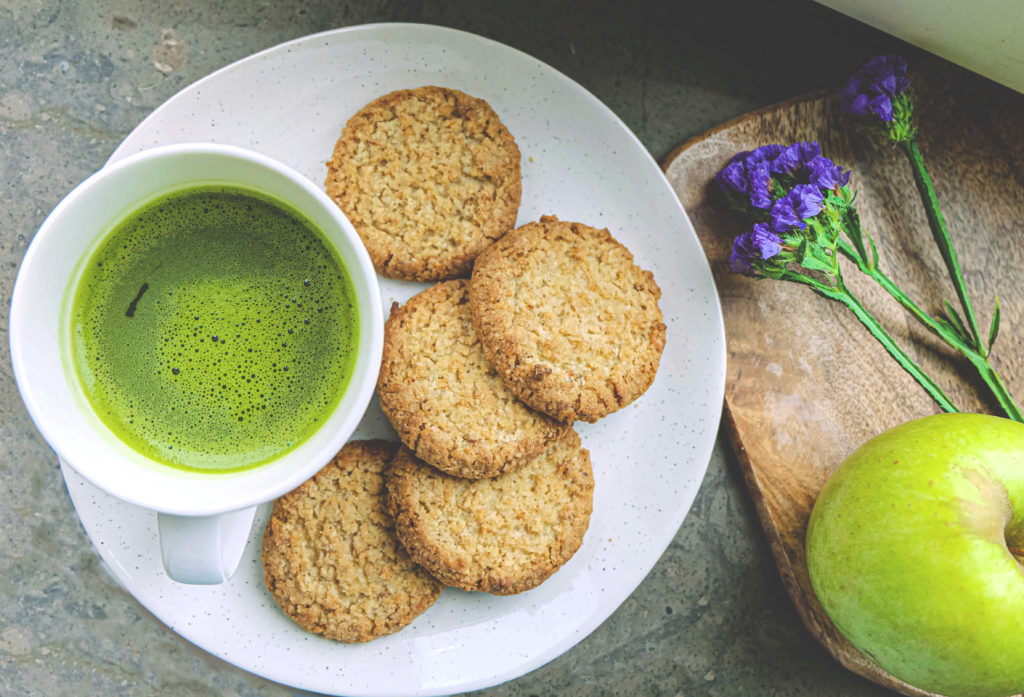
What about herbal tea
Herbal teas are a wide variety of teas that do not come from the plant Camelia Sinesis. Many popular herbal teas such as Camomile, Rooibos, Peppermint, and Ginger tea have their own benefit and a very distinct flavor.
Herbal tea has been used in the terms of medicine and natural home remedies for hundreds of years. Due to its very unique and distinct effect, each type of herbal tea create for the human body, it does not usually belong to the same category as matcha, green tea, and black tea.
Many herbal teas are consumed as a non-caffeine type of beverage. Therefore, there is really no way to compare matcha with herbal teas. It all comes down to whether or not you want caffeine in the beverage, the taste and benefit you are looking for.
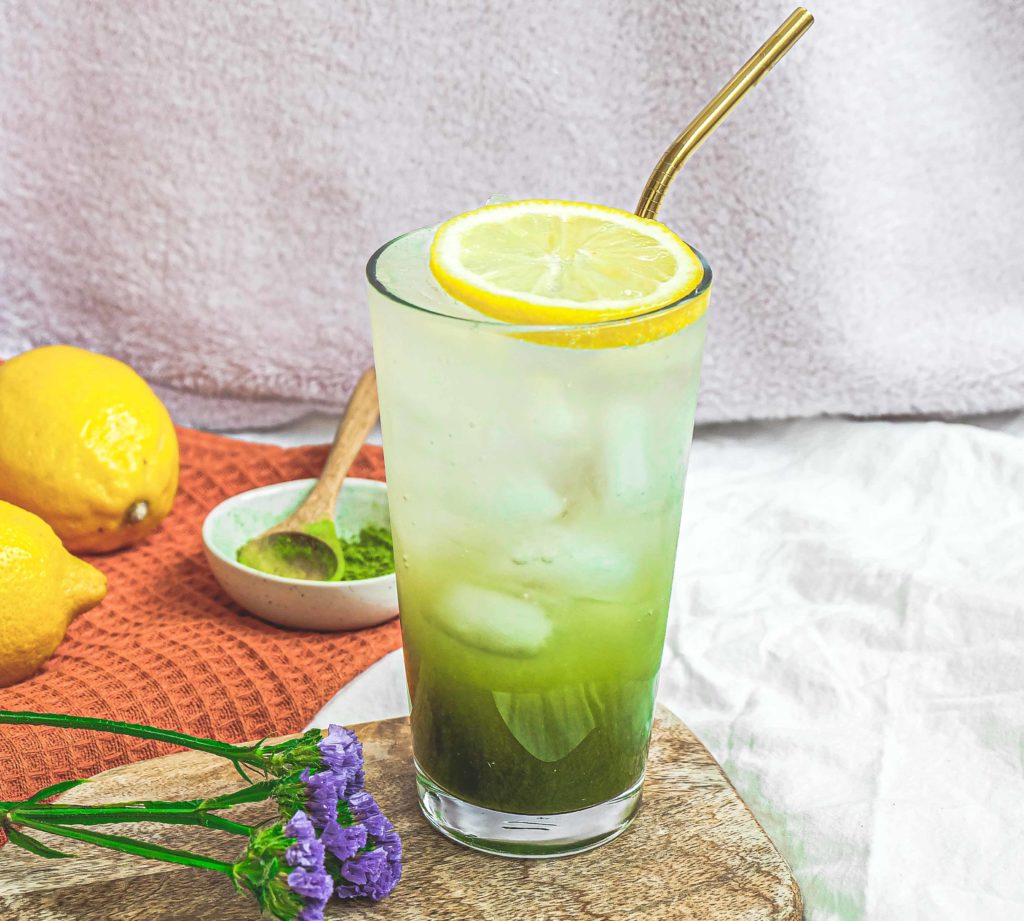
So….
Matcha is great, really. But it is too soon to say that matcha is the best tea. Each type of tea has its own benefits and tastes which you might not find in matcha. Compare to green tea, matcha is more concentrated and unique, therefore matcha intensifies the benefits you would get from green tea. However, it is more about the experience of drinking matcha that sets the tea apart. The delicacy of using Chasen (bamboo whisk), Chashaku (bamboo scoop), Chawan (ceramic tea bowl), and a small sifter are parts of making matcha a unique and cultural tea.
Apart from buying matcha latte from cafes, you can matcha regularly at home if you buy good quality matcha as some matcha powder can be mixed with lead to lower the price. It is no doubt that matcha does wonders to your health. It tastes great as a latte or as part of some sweet treats. Still, matcha is harder to find than other types of tea as the production of matcha takes time and is very delicate. Also consuming the whole tea leaf in a powder form is what makes matcha stand out. After all, whether it’s a cup of earl grey or sencha that you are comparing matcha with, it is definitely worth the shot to drink matcha more often.
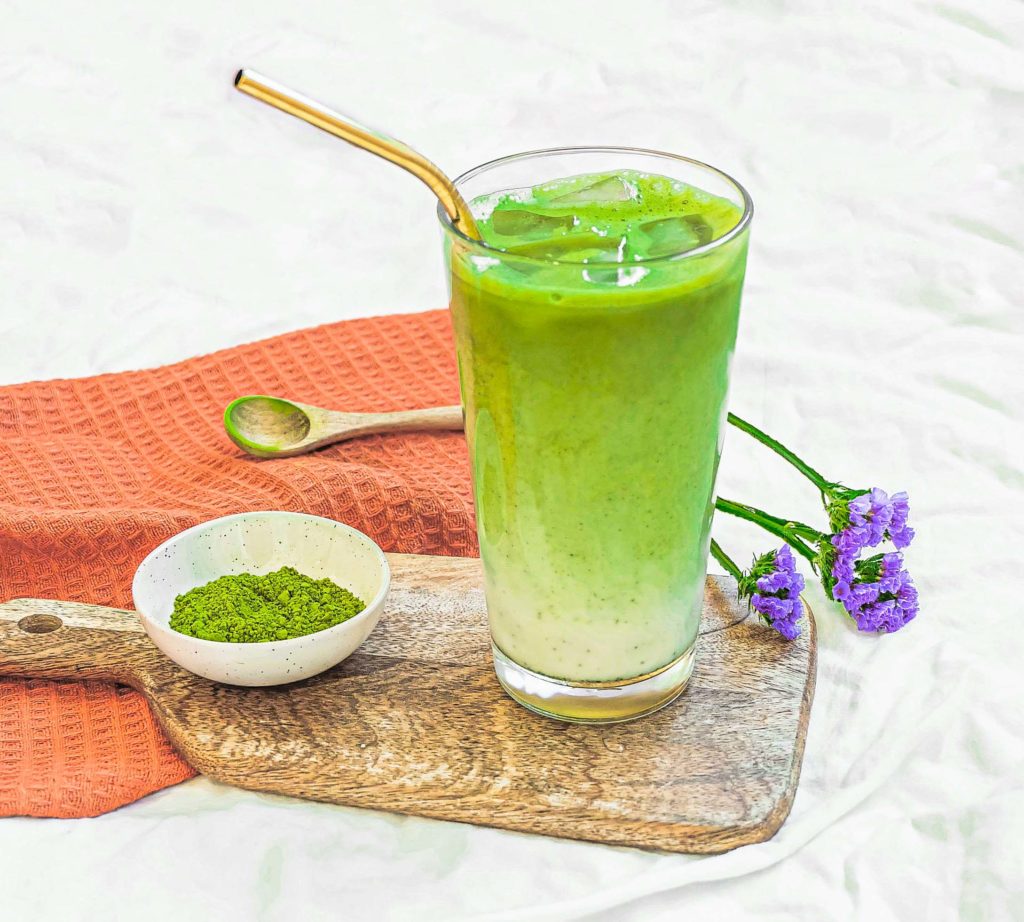
If you are looking to make some matcha, here are 6 easy matcha recipes to make in under 5 minutes. Let me know what kind of tea you like other than matcha in the comment!
